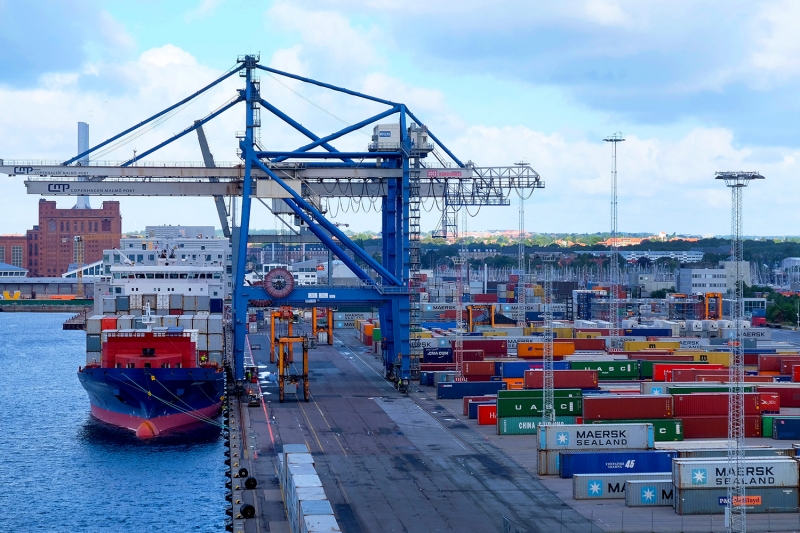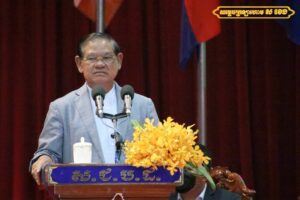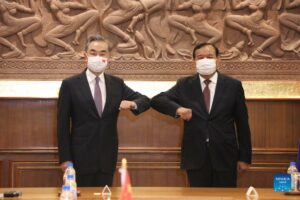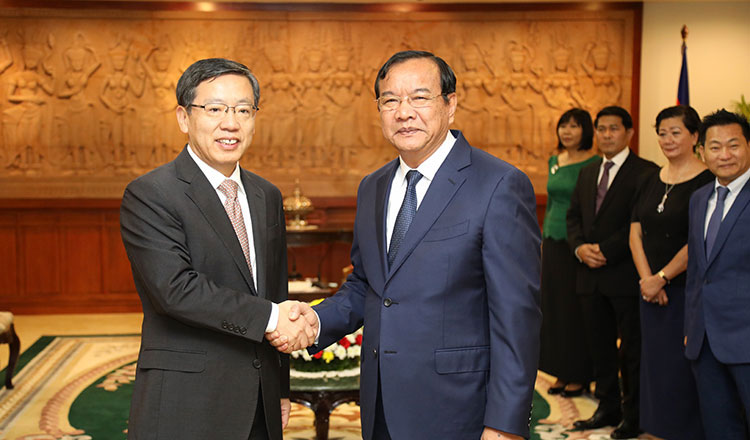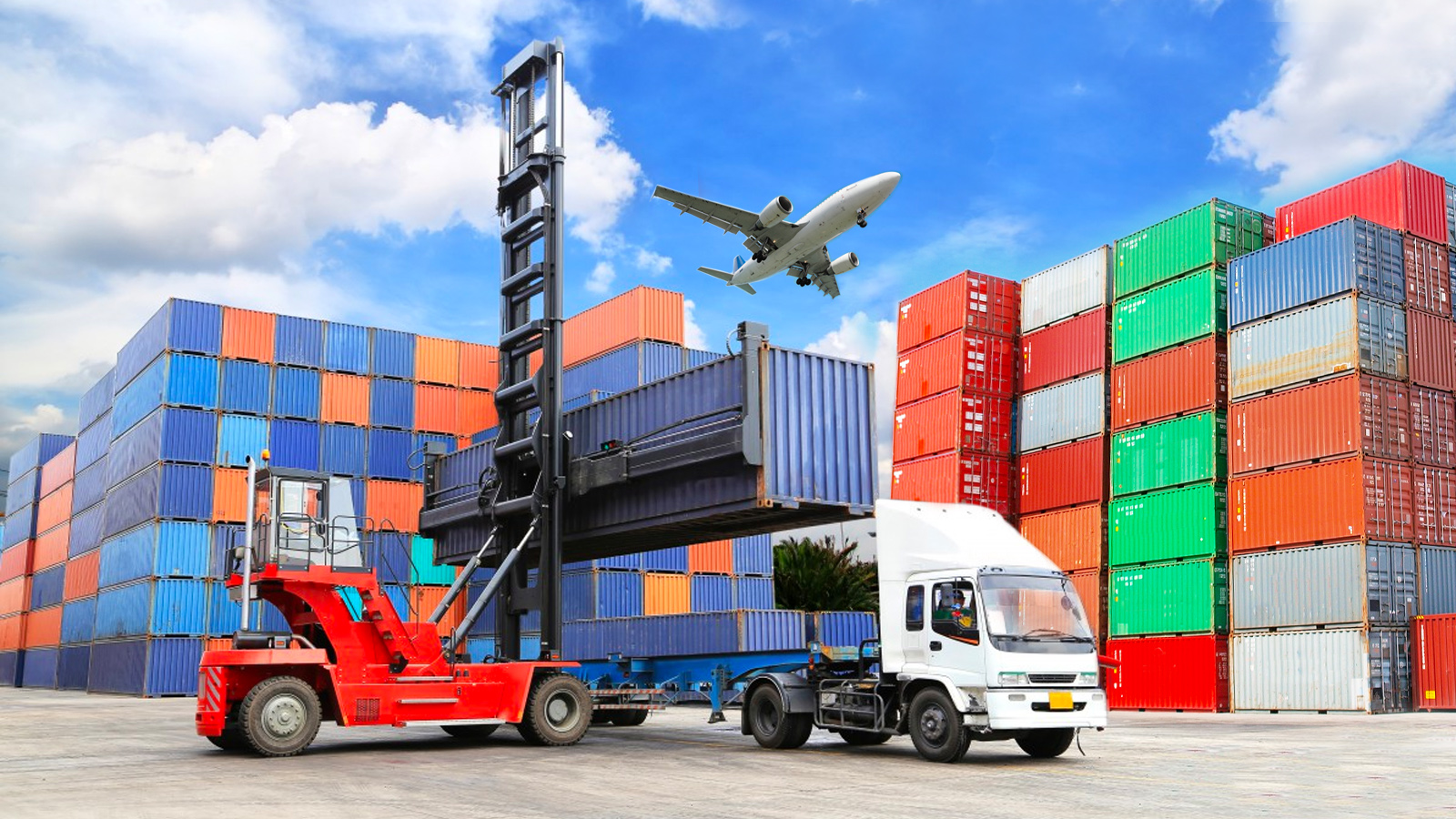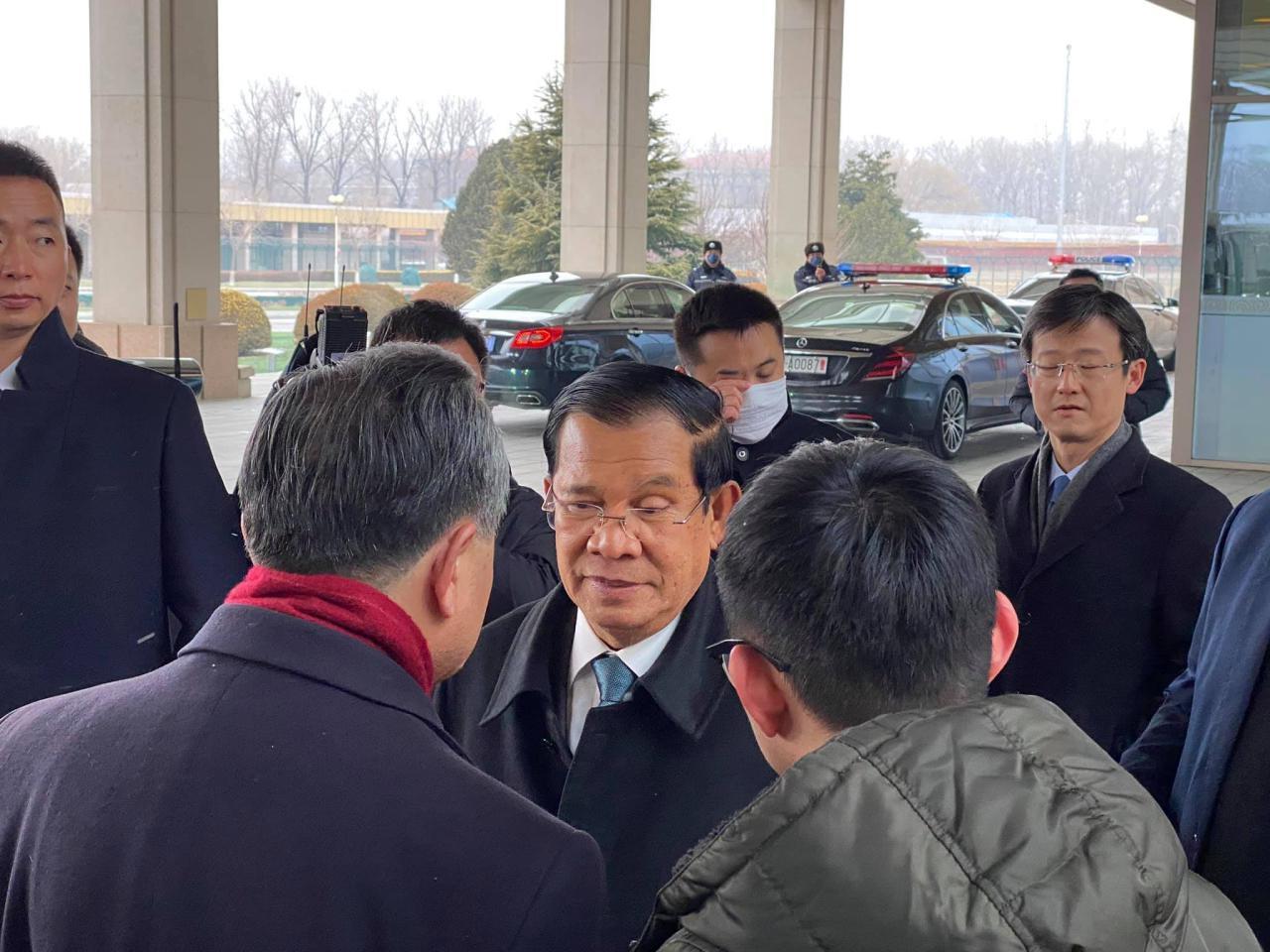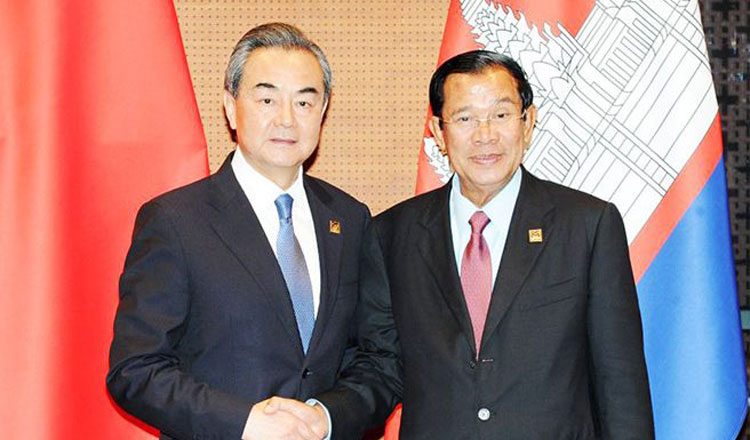Cambodia-China Free Trade Agreement expected by November
The Cambodia-China Free Trade Agreement is expected to be finalised in November in a move to boost trade between the two countries.
During bilateral talks on January 20-23 last year in Beijing, China, Prime Minister Hun Sen and his Chinese counterpart Li Keqiang greenlighted a feasibility study on the potential free trade agreement (FTA) which aims to boost bilateral trade to $10 billion by 2023.
The first round of negotiations was held in Beijing on January 20-21 and was presided by Ministry of Commerce secretary of state Sok Sopheak and Assistant Minister of Commerce of the People’s Republic of China Ren Hongbin.
Hun Sen on Monday encouraged all stakeholders to increase production capacity and expand products in order to boost exports to China before the FTA materialises.
“We expect the Cambodia-China Free Trade Agreement to be finalised in November this year. It will be signed during the presence of the Chinese prime minister at the Asean-Europe Summit in November. Then it will be implemented,” he said.
“Before the agreement is finalised, we have to enhance and expand our products for export to the market. We hope that China will help to expedite our economic growth by putting in more investment.”
Late last month, Garment Manufacturers Association in Cambodia deputy secretary-general Kaing Monika said the moves towards an FTA come at a crucial time for the Kingdom.
“I think it’s the right direction and the right time for Cambodia to start looking at negotiating FTAs with various countries and blocs.
“Cambodia is expected to graduate from the UN’s Least Developed Countries status in the next five to six years, after which we will lose the trade preferences provided to us by many developed countries,” Monika said.
He noted that the Kingdom participates in a very limited number of FTAs, which are all under Asean as a bloc.
“We need to target more bilateral FTAs, and China is indeed our greatest potential partner.
“This is a market of more than one billion people and the world’s number one economy in terms of purchasing power parity,” he said.

